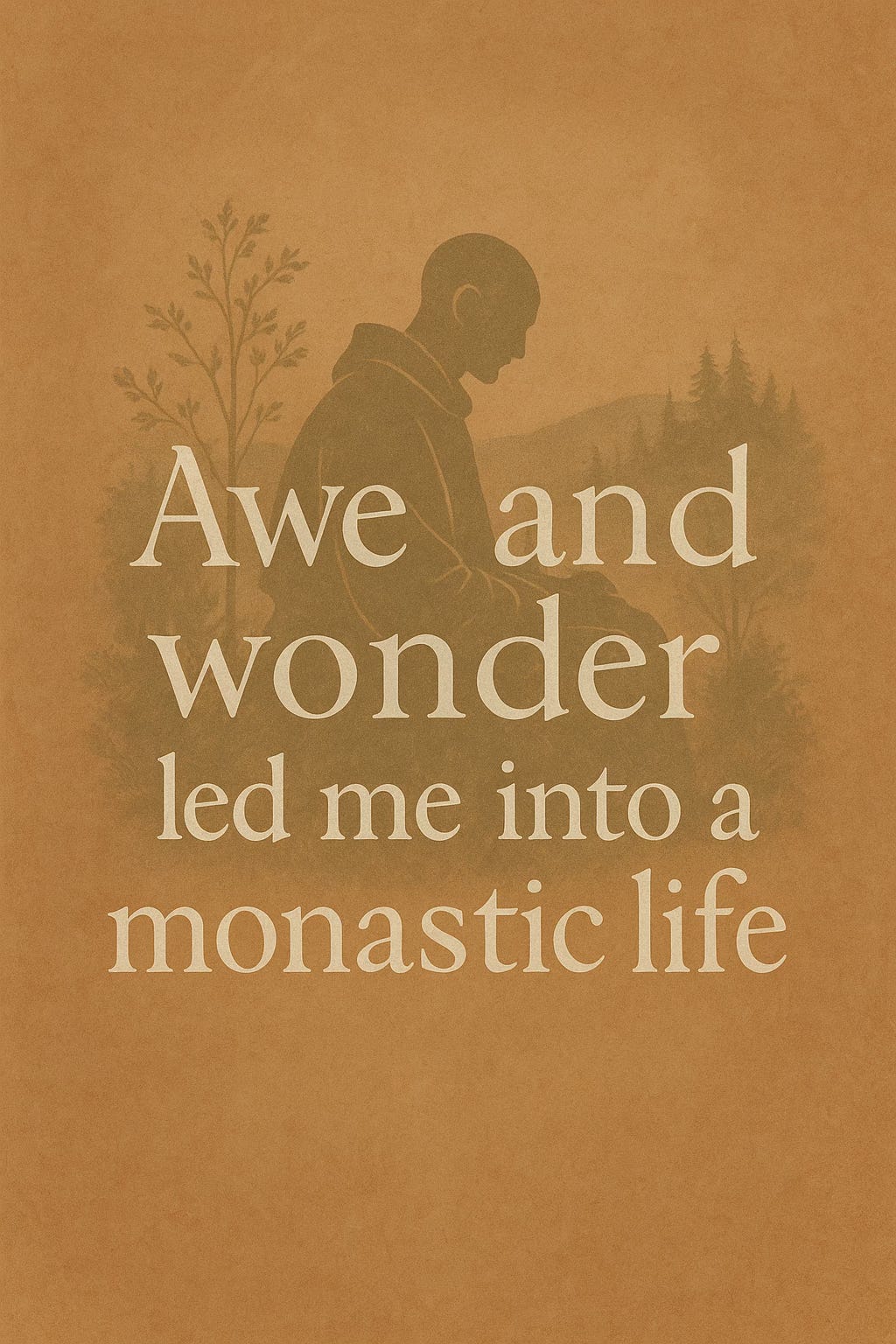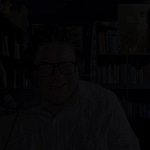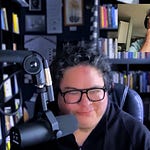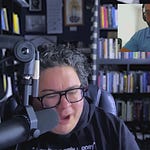Dear Substack Community: Each Saturday, I sit down to write. Writing is a discipline. I have committed to writing every day in some way over the next four years to document my life and the life together we are attempting as a society. My teacher, Dr. Nancy Elizabeth Bedford, and others, are committed to writing everyday in some capacity. I have joined this group of thinkers to document life at the end of empire.
When Substack reached out to me years ago to move my newsletter over, I was excited about a new platform. I have been growing into the work of public theology over the last decade. I’m still figuring things out! People like Dr. Diana Butler Bass and Dr. Tripp Fuller help me out tremendously. Then, there are people like Brian McClaren and Hillary McBride who help me with the work of preventing emotional bypassing in the work of public theology. The work of public theology is work that is done in community. It is never done in isolation.
This Saturday, I’m sitting down to write another fold of becoming.
I’ve decided to pivot out of being tethered to institutional life, because I find that when the institutionality of a system is stuck in cultural norms that hollow us out, I don’t thrive. I have seen the direct, material impact of how the institionality of a system accelerates harm against the folks I love and adore. I have seen this in the House of Medicine, the Institutional Church, Higher Education and Academic Institutions, and I’ve seen how the cultural norms of these systems show up in interpersonal relationships.
In seminary, I knew that I was called to Religious Life in a very particular manner. I considered entering Religious Life and living in community, and I knew that I was / am Trans and Queer and how exactly would that work?
I decided to pursue a career in academia after serving a year in a trauma hospital as a chaplain. I was undone by the suffering of the world. Undone by the suffering of what I saw in front of me. Undone by the shadows of a system; undone by the secrets of the system.
I remain undone after witnessing a system of secrecy and coming to grips with the fact that secrets are a symptom of an unwell system. In an effort to practice good spiritual hygiene, I am returning to the Monastic Life I began 20 years ago in Chicago.
The Mendicant Life for the end of empire is something I am exploring with others, in community. I hope to host conversations on the Mendicant Life in the coming days. For now, I explain the Mendicant Life in narrative and images.
Becoming Monk: A Life Committed to Less
There’s a kind of life that doesn’t make sense in a world ruled by metrics, hustle, and accumulation. A life that slips out the side door of empire, declines the algorithm’s invitation to be optimized, and instead walks barefoot into mystery. It’s not a rejection of the world, but a deeper vow to be present to it.
This is the life I am learning to live.
You could call it monastic, though not in the cloistered, escape-the-world sense. And you could call it mendicant, though not in the degraded caricature of begging for bread. I call it becoming a monk in rural America—a life rooted in story, sacred mischief, and the quiet rebellion of enough.
🌿 The Rhythm of Another Way
The monastic life begins not in rules, but in rhythm. It’s the choice to live by a different cadence: to rise with intention, to greet the world not as a battlefield but as a beloved. To make the ordinary—tea, sweeping, conversation—into sacrament.
In awe studies from UCLA and Berkeley, researchers find that awe expands our sense of time, quiets the ego, and connects us to something larger. Monastic living is awe in slow motion. A commitment to wonder. To live in such a way that even a single wildflower or crow’s call becomes enough to rearrange the soul.
🔥 The Vow of Unknowing
The mendicant life is not a posture of lack, but of radical trust. It means depending not on hoarded security but on relational economies, where needs are met through mutual belonging. It means wandering without certainty but not without purpose.
It’s what narrative intelligence invites us to remember: that every system of domination began as a story. And that stories can change. To become mendicant is to opt out of the myth of scarcity and write a new story with our feet, our choices, our presence.
Like the friars who walked through towns with empty hands and full hearts, the mendicant spirit whispers: Give what you cannot keep. Receive what cannot be earned.
🌌 The Sacred Is Not a Spectacle
I’m not becoming a monk because I want to disappear. I’m becoming a monk because I want to see. To see the layers of the world that speed and greed have made invisible. To live in communion with compost, clouds, and cats. To live a life unhooked from the machine.
In this life, silence is not emptiness but presence. Poverty is not punishment but freedom. Solitude is not loneliness but alignment.
This isn’t a life of hiding—it’s a life of deep participation. Of listening for what the land needs. Of crafting liturgies of resistance and love. Of keeping vigil in a world that has forgotten how to pause.
☁️ One Cup. One Spark. One Unfinished Thought.
So here I am, walking the wooded backroads, choosing stillness over spectacle, enough over excess. I’m not here to climb ladders. I’m here to build nests.
To my Substack community: thank you for walking this path with me. Your presence here is a kind of alms. Your listening is a kind of vow. Together, we’re learning how to be less afraid of what’s quiet, how to be more faithful to what’s true.
I don’t have all the answers.
But I’m becoming. A monk. A mystic. A mendicant.
In the middle of nowhere—which, I’m discovering, is really the center of everything.
Paz, —RCE+













